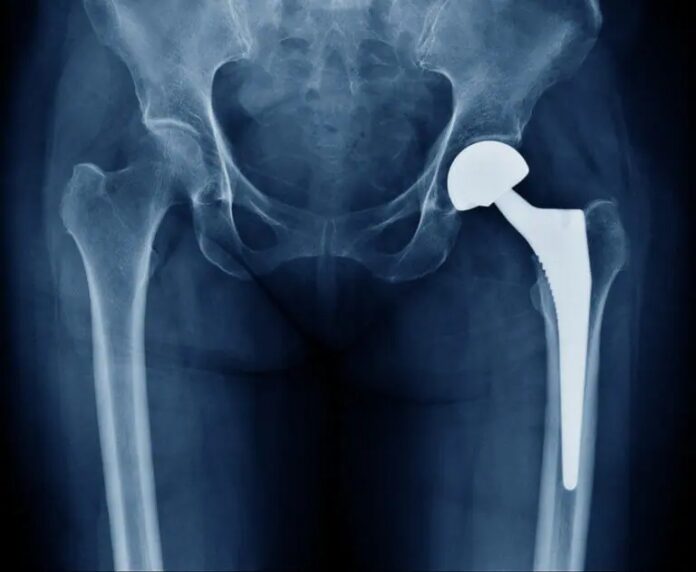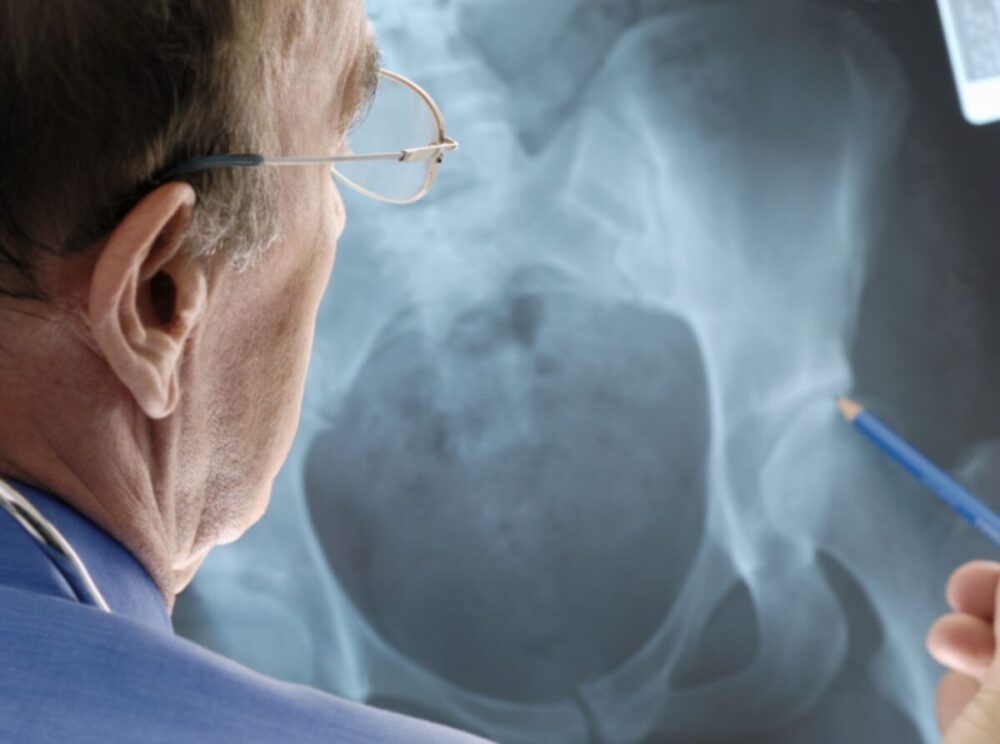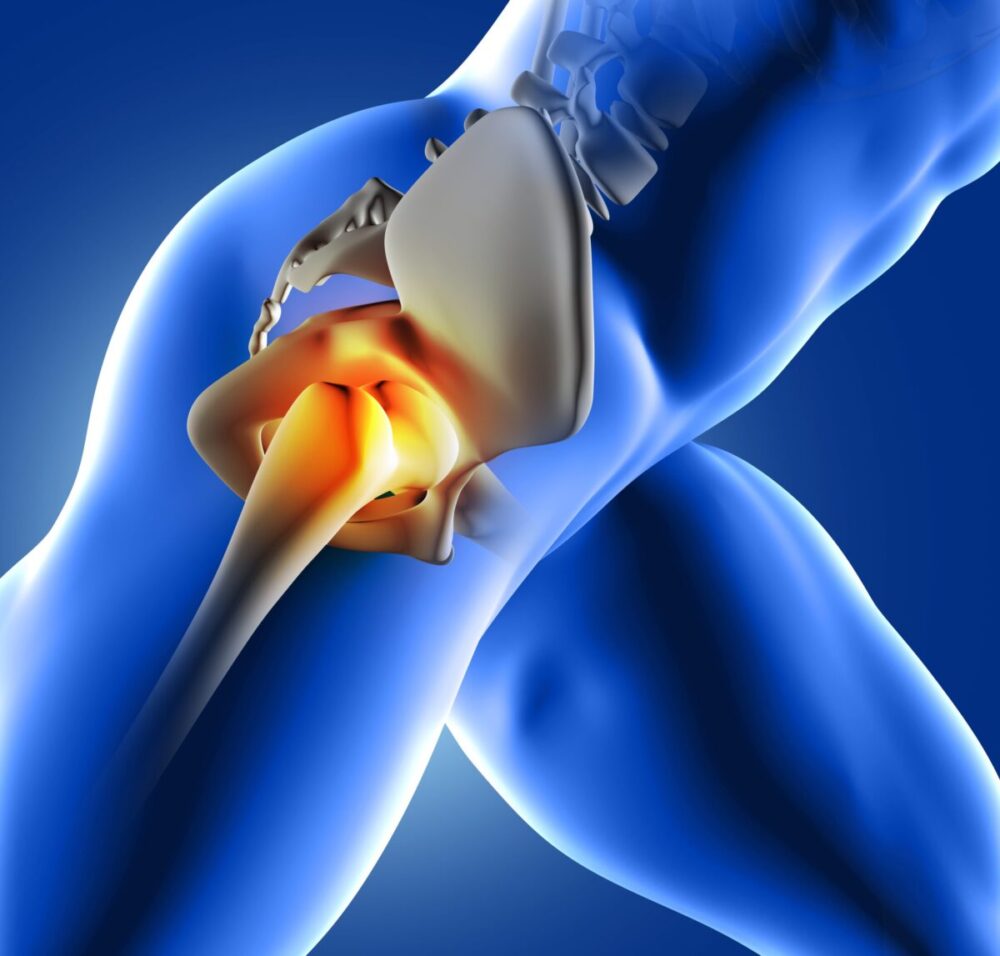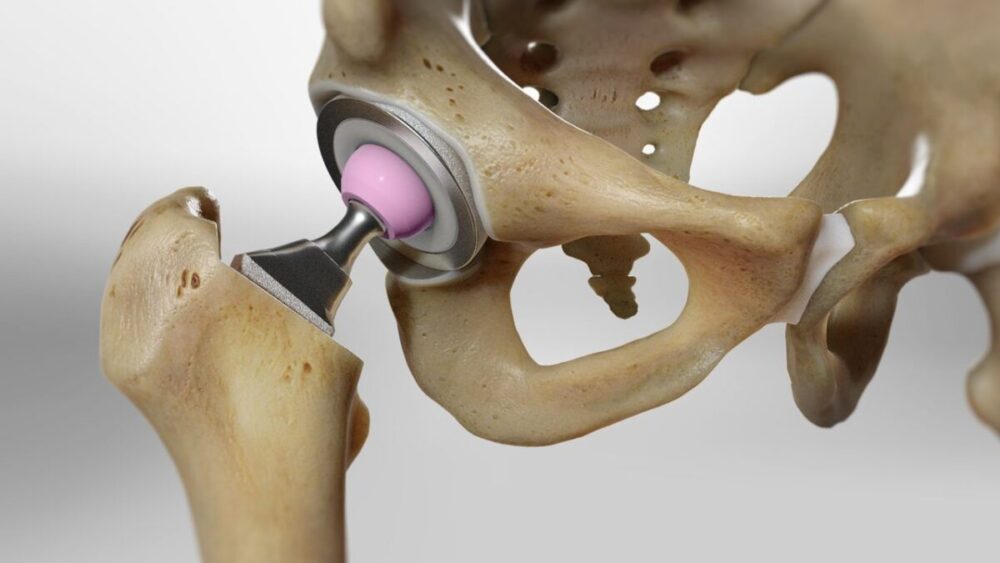
Opt for expert hip replacement surgery abroad with our guide. Ensure successful recovery with top-notch care and thorough preparation.
Hip replacement surgery involves the replacement of a damaged hip joint with an artificial implant. Reserved for the most severe cases of arthritis and hip injury, it’s a permanent solution to relieve pain, improve joint function, and enhance people’s quality of life.
Thanks to advancements in modern medicine, hip replacements are now a routine, safe, and highly effective procedure. Most hip replacements last for 15 years, and people recover well post-operatively.
However, it remains an invasive procedure, most often performed on people 60 or older. As such, it does carry some risks. With the right preparation for hip replacement surgery (abroad or at home), you can alleviate the risks and boost your chances of a successful recovery.
In this guide:
- What is Hip Replacement Surgery?
- How to Prepare for Hip Replacement Surgery
- Advice for Hip Replacement Surgery Abroad
What is Hip Replacement Surgery?
Hip replacement surgery, or hip arthroplasty, is a surgical procedure in which a damaged or worn-out hip joint is removed (totally or partially) and replaced with an artificial implant. Usually, a hip replacement only occurs in people with prolonged, severe pain and mobility issues.
Common conditions treated with a replacement include osteoarthritis, rheumatoid arthritis, gout and injury.
During the operation, the surgeon removes the damaged joint surfaces and replaces them with prosthetic components – made of metal, ceramic, or plastic. Either all of the ball and socket joints can be replaced or just some of them.
How to Prepare for Hip Replacement Surgery

Always speak to your surgeon before an operation to find out the necessary steps you need to take. No procedure is 100% safe. Complications and poor outcomes are more likely if you fail to take the right measures or continue with unhealthy behaviours. Plus, there’s also the postoperative period. Doing a little bit of preparation ensures everything is simple and easy once you return home.
Lifestyle Changes
Lifestyle is perhaps the biggest factor affecting the success or failure of the surgery. People who smoke, eat an unhealthy diet, remain overweight or obese, or fail to keep up with the prescribed exercises carry more risk and worse outcomes. These behaviours either impede your body’s ability to heal or prevent you from enjoying the full potential of the operation.
Follow these tips to maximise your success:
- Before Hip Replacement Surgery: Engage in targeted exercises recommended by your physiotherapist to strengthen the muscles around your hip. Incorporate low-impact activities such as swimming, cycling, and walking to improve joint flexibility and facilitate a faster recovery after surgery.
- After Hip Replacement Surgery: Follow a customised exercise plan your healthcare team prescribes. This plan should include gentle stretches, strength-building exercises, and a gradual increase in activity to help restore hip function and mobility.
- Smoking Cessation: Stop smoking well before your surgery. Smoking can reduce blood flow, slow down the healing process, and heighten the risk of surgical and postoperative complications.
- Nutritional Diet: Maintain a diet rich in vitamins, minerals, and antioxidants to aid in recovery and enhance overall health. Ensure your diet includes a mix of fruits, vegetables, whole grains, lean protein, and healthy fats.
- Weight Management: Maintain a healthy weight to lessen the burden on your hips. Excess weight can hinder recovery and elevate the risk of complications. If necessary, work with a dietitian or healthcare professional to develop an effective weight management plan.
Talk with your doctor about reducing smoking or losing weight. They can recommend solutions to help with your lifestyle changes.
Pre-Admission Check

Prior to all surgeries patients first undergoing a comprehensive check. Your surgical team will want to know your baseline vitals (blood pressure, oxygen saturation, etc.) and the blood test results. At Kardiolita Hospital, we perform this check with all our patients upon arrival. However, other hospitals may ask you to attend a clinic a week or so before the operation.
The results of these tests help inform your recovery and confirm you’re healthy enough to undergo the procedure.
Preparing for Recovery at Home
Following the operation, your surgical team will want you to stay at the hospital under observation for several days. Usually, this is less than a week. The physiotherapists at the hospital will begin basic exercises as soon as possible – evidence indicates this is the best option. You’ll be ready to return home once you can walk and move about.
You will remain a little unsteady for several weeks after the operation as your body recovers. You’ll also want to rest. Making certain arrangements can ensure you can recover in peace without additional stress. Follow these tips:
- Request support for everyday household chores and activities.
- Ensure that essential items you regularly use are positioned for easy accessibility.
- Pre-stock your freezer with a variety of pre-cooked meals to simplify mealtime.
- Set up transportation alternatives, as you will be temporarily restricted from driving for several weeks following your procedure.
- Have a proactive discussion with your employer to establish a structured plan for your phased return to work, taking into account any necessary accommodations or adjustments.
Advice for Hip Replacement Surgery Abroad

Going abroad for hip replacement surgery further complicates the matter. Although with more affordable options, shorter waiting times, and better outcomes, it’s often the preferred option. Nonetheless, visiting a foreign hospital does require a little more planning.
- Ensure you can access a medical interpreter or bilingual medical staff to avoid communication issues.
- Plan your recovery, including physical therapy and support for daily activities, either abroad or at home.
- Be ready for a potentially prolonged stay due to recovery or unforeseen complications, ensuring you have the necessary accommodations and resources.
- Verify whether your health insurance covers international medical procedures and understand the process for filing a claim.
- Discuss your plans for surgery abroad with your local healthcare provider to ensure continuity of care and address any pre-existing conditions.
- Have a contingency plan for medical or travel emergencies, including knowing the location of the nearest embassy or consulate and having a list of emergency contacts.
Kardiolita Hospital stands out as a top-tier orthopaedic centre in Lithuania. A popular destination for Irish patients wishing to skip the long waiting times, we achieve some impressive outcomes at a fraction of the normal price. In fact, the hip surgery price in Ireland is ten times more than in Lithuania.
With a trusted reputation and an experienced team of surgeons, we set the benchmark for hip replacement excellence. Learn more about our state-of-the-art facilities and treatment options, and reach out to us by submitting your inquiry. We look forward to hearing from you.








